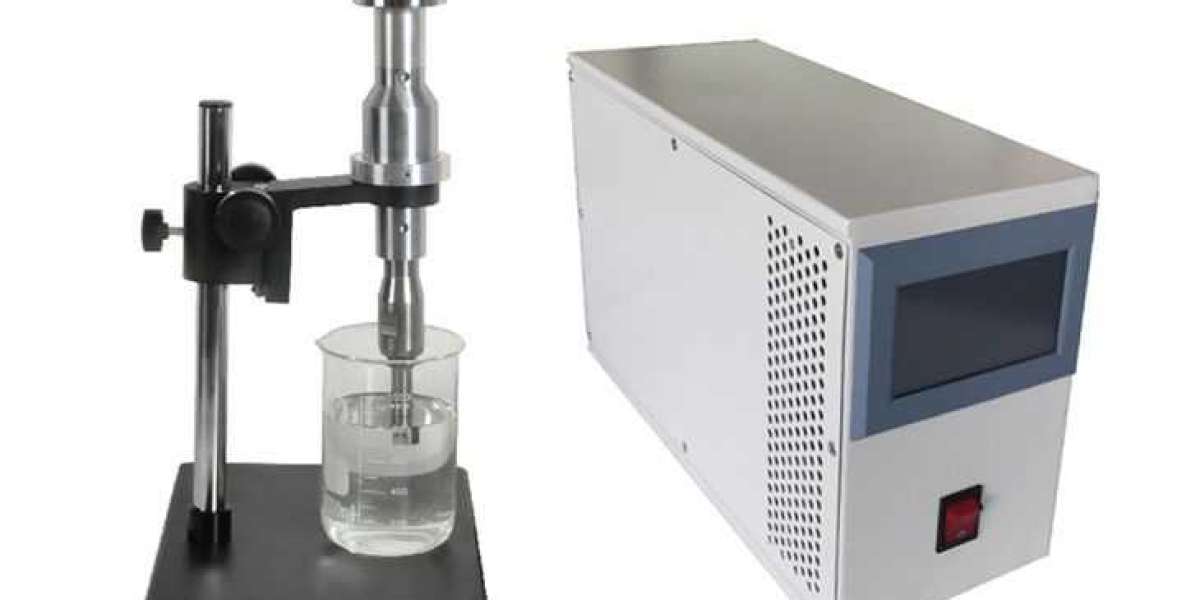Heating a home efficiently while ensuring a consistent supply of hot water is a priority for many homeowners. Tankless coil boilers offer a compelling solution by combining the functions of a water heater and a heating system into a single unit.
This guide explores the features, benefits, and considerations of tankless coil boilers to help you determine if they’re the right choice for your home.
What Are Tankless Coil Boilers?
A tankless coil boiler is a type of heating system that uses a heat exchanger to heat water directly as it flows through the coil. Unlike traditional boilers that store hot water in a tank, tankless coil boilers provide hot water on demand.
They are typically integrated with the home’s boiler, which is used for space heating.
When a hot water faucet is turned on, the cold water passes through a heat exchanger within the boiler. The heat from the boiler is transferred to the water, delivering hot water instantly without the need for storage.
Key Features of Tankless Coil Boilers
On-Demand Hot Water: Water is heated only when needed, eliminating standby heat loss associated with storage tanks.
Compact Design: These systems are space-efficient, making them ideal for homes with limited space.
Integrated Functionality: They work in conjunction with your existing boiler system, simplifying the setup.
Benefits of Tankless Coil Boilers
Energy Efficiency
Tankless coil boilers are more energy-efficient than traditional water heaters with storage tanks because they eliminate standby heat loss. However, they perform best in homes with moderate to low hot water demand.
Space Savings
Since they do not require a separate water storage tank, tankless coil boilers save significant space, making them suitable for smaller homes or apartments.
Continuous Hot Water Supply
As long as the boiler is operational, tankless coil boilers can provide a continuous supply of hot water, perfect for simultaneous household tasks.
Durability
With proper maintenance, tankless coil boilers have a long lifespan compared to conventional systems, making them a cost-effective investment over time.
Limitations to Consider
Seasonal Performance Variations Tankless coil boilers rely on the boiler’s heating system. During warmer months, when the boiler is not in regular use, energy efficiency can decrease because the system must cycle on just to heat water.
Hot Water Flow Rate The hot water flow rate is limited by the capacity of the heat exchanger. Larger households with higher water demand may find this system insufficient during peak usage.
Initial Costs Installation costs can be higher than traditional systems, particularly if the boiler setup needs upgrading or modifications.
Maintenance Tips
To ensure optimal performance and longevity, regular maintenance is crucial.
Here are some tips:
Inspect and Clean the Coil: Scale and sediment buildup can reduce efficiency. Periodically clean the heat exchanger to maintain performance.
Check Boiler Functionality: Ensure that your boiler operates efficiently, as it directly impacts the performance of the tankless coil system.
Monitor Water Quality: Hard water can cause scaling in the coil. Consider installing a water softener if scaling is a recurring issue.
Is a Tankless Coil Boiler Right for You?
Tankless coil boilers are an excellent choice for households that prioritize energy efficiency and have moderate hot water demands. They are especially suitable for homes in colder climates where the boiler is in regular use throughout the year.
However, larger households or homes with high simultaneous water usage may need to explore alternatives like indirect water heaters or tankless water heaters designed for higher flow rates.
Result
Tankless coil boilers offer a practical and efficient solution for homeowners seeking a compact and on-demand hot water system. By understanding their features, benefits, and limitations, you can make an informed decision about whether this system aligns with your heating and water needs.
With proper installation and maintenance, a tankless coil boiler can serve as a reliable and energy-efficient component of your home’s heating system for years to come.








